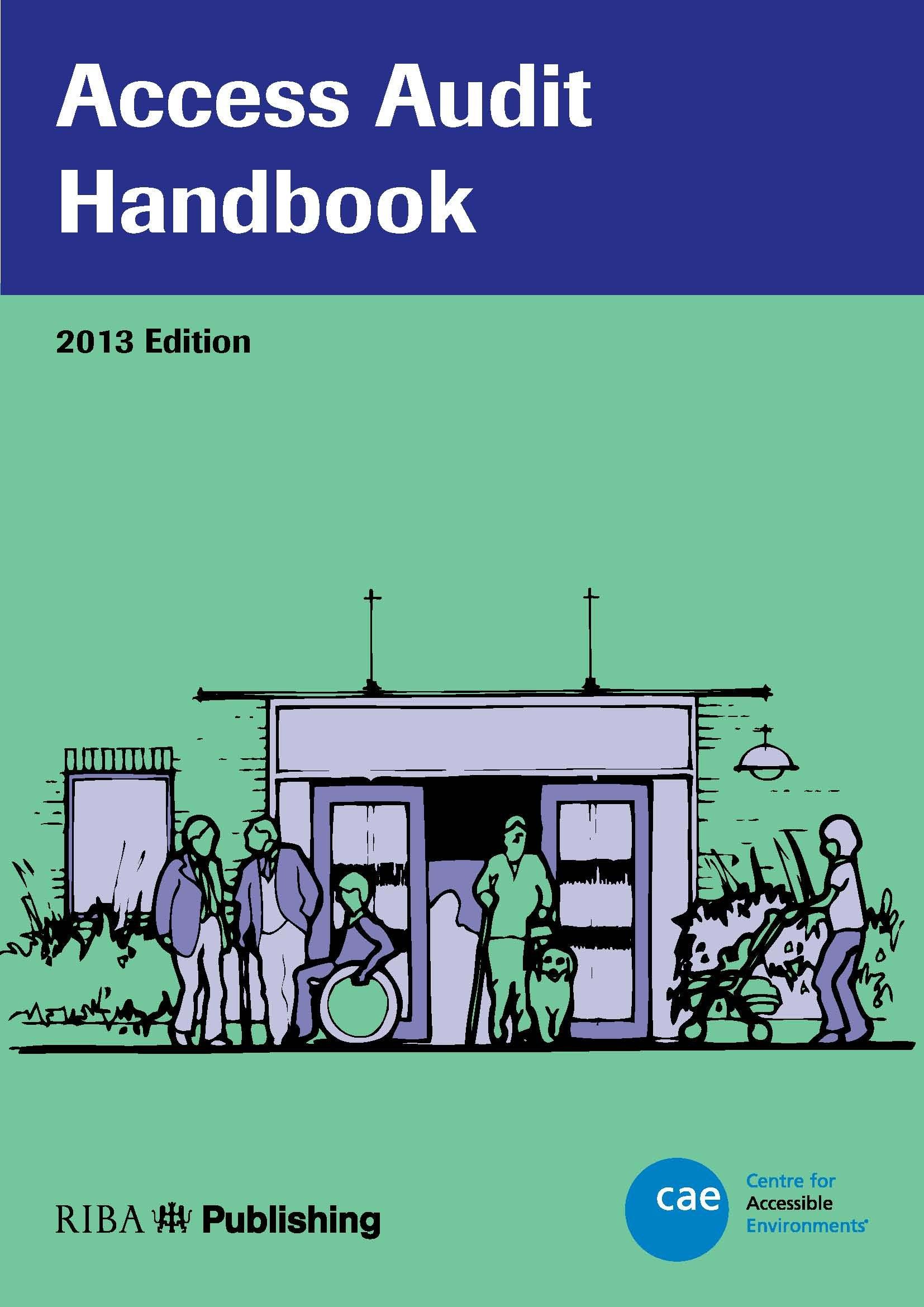Question
Gladstone Company tracks the number of units purchased and sold throughout each accounting period but applies its inventory costing method at the end of each
Gladstone Company tracks the number of units purchased and sold throughout each accounting period but applies its inventory costing method at the end of each period, as if it uses a periodic inventory system. Assume its accounting records provided the following information at the end of the annual accounting period, December 31.
| Transactions | Units | Unit Cost | |||||||
| Beginning inventory, January 1 | 1,300 | $ | 40 | ||||||
| Transactions during the year: | |||||||||
| a. | Purchase, January 30 | 2,000 | 60 | ||||||
| b. | Sale, March 14 ($100 each) | (950 | ) | ||||||
| c. | Purchase, May 1 | 700 | 80 | ||||||
| d. | Sale, August 31 ($100 each) | (1,500 | ) | ||||||
| Assuming that for Specific identification method (item 1d) the March 14 sale was selected two-fifths from the beginning inventory and three-fifths from the purchase of January 30. Assume that the sale of August 31 was selected from the remainder of the beginning inventory, with the balance from the purchase of May 1. |
| Required: | |
| 1. | Compute the amount of goods available for sale, ending inventory, and cost of goods sold at December 31 under each of the following inventory costing methods: (Round intermediate calculations to 2 decimal places and final answers to the nearest whole dollar amount.) |
Step by Step Solution
There are 3 Steps involved in it
Step: 1

Get Instant Access to Expert-Tailored Solutions
See step-by-step solutions with expert insights and AI powered tools for academic success
Step: 2

Step: 3

Ace Your Homework with AI
Get the answers you need in no time with our AI-driven, step-by-step assistance
Get Started


